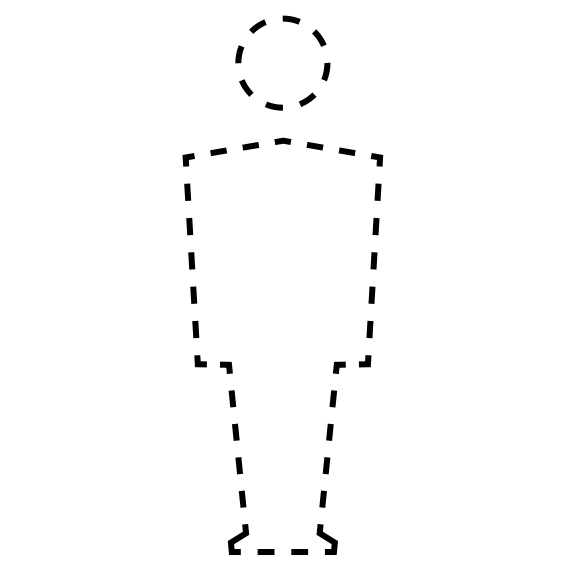1.12: Indefinite Pronouns
- Page ID
- 182779

These pronouns can be used in a couple of different ways:
- They can refer to members of a group separately rather than collectively. (To each his or her own.)
- They can indicate the non-existence of people or things. (Nobody thinks that.)
- They can refer to a person, but are not specific as to first, second or third person in the way that the personal pronouns are. (One does not clean one’s own windows.)
Please note that all of these pronouns are singular. The table below shows the most common indefinite pronouns:
| anybody | anyone | anything | each | either | every |
| everybody | everyone | everything | neither | no one | nobody |
| nothing | nobody else | somebody | someone | something | one |
Note: Sometimes third-person personal pronouns are sometimes used without antecedents—this applies to special uses such as dummy pronouns and generic they, as well as cases where the referent is implied by the context.
- You know what they say.
- It’s a nice day today.
Please note that all of these pronouns are singular. Look back at the example “To each his or her own.” Saying “To each their own” would be incorrect, since their is a plural pronoun and each is singular. We’ll discuss this in further depth in Antecedent Agreement.
Identify the indefinite pronouns in the following sentences. Is the best indefinite used, or is there another indefinite that would fit better?
- Everyone should take the time to critically think about what he or she wants out of life.
- If I had to choose between singing in public and swimming with leeches, I would choose neither.
- Yasmin knew everything was wrong, but she couldn’t figure out what.
- If nobody else enrolls in this class, it will be cancelled this semester.
[reveal-answer q=”565632″]Show Answer[/reveal-answer]
[hidden-answer a=”565632″]
- Everyone is the indefinite pronoun. He or she is a pronoun with the antecedent everyone.
- The indefinite pronoun neither is used in this sentence. It is likely being used correctly, indicating that the speaker does not want to complete the actions stated earlier in the sentence. However, if the speaker thought that both singing in public and swimming with leeches were fun, the indefinite pronoun either would be the appropriate word to use.
- The indefinite pronoun everything is used in this sentence. However, based on the rest of the sentence, it doesn’t quite fit. If everything is wrong, you wouldn’t need to figure out exactly what’s happening. The indefinite pronoun something would fit better here.
- Yasmin knew something was wrong, but she couldn’t figure out what.
If everything is, in fact, wrong, perhaps the word what needs to be changed.
- Yasmin knew everything was wrong, but she couldn’t figure out how it had happened.
- Yasmin knew everything was wrong, but she couldn’t figure out why.
- The indefinite pronoun nobody else is used in this sentence. If there are already some students enrolled in the class, then nobody else is being used correctly. If there aren’t any students in the course, then nobody should be used instead.
[/hidden-answer]
Contributors and Attributions
- Revision and Adaptation. Provided by: Lumen Learning. License: CC BY-SA: Attribution-ShareAlike
- Pronouns. Provided by: Wikipedia. Located at: https://en.Wikipedia.org/wiki/Pronoun. License: CC BY-SA: Attribution-ShareAlike
- Vacancy. Authored by: Pablo Rozenberg. Provided by: The Noun Project. Located at: https://thenounproject.com/search/?q=nobody&i=105997. License: CC BY: Attribution


